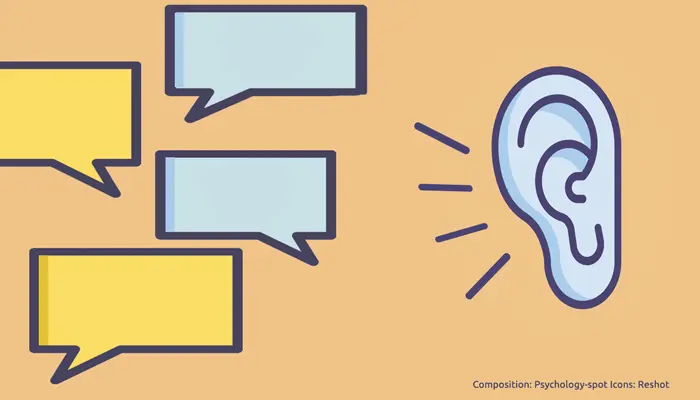
Deciding between different treatments for an illness, selecting the most appropriate investment plan or choosing the most convenient professional career… Throughout our lives we make different important decisions that carry a certain dose of uncertainty and anxiety. In many of these cases we ask advice from those closest to us to help us decide which is the most appropriate path.
However, have you ever wondered what makes us more or less likely to ask for advice? Have you wondered if the anxiety associated with important decisions can determine the path you choose?
Psychologists at Harvard Business School have asked these questions and designed a series of experiments to analyze how anxiety impacts open-mindedness to accept advice and the likelihood that we will follow bad recommendations when we are anxious.
First of all, we must start from the fact that there are three major factors that influence how receptive we are to advice:
- The characteristics of the counselor, which implies his experience and knowledge of the matter.
- The perceived level of difficulty of the situation since, as a general rule, the more complicated the decision, the more we will tend to ask for advice.
- The state of mind we have at the moment we receive the advice.
However, the funny thing is that in almost all areas, we tend to dismiss or minimize the advice we receive, except when we are anxious! When anxiety attacks us, we are much more receptive to advice.
Anxiety, anger and self-confidence
To carry out the experiments, psychologists provoked a state of anxiety in people by having them listen to horror music, watch a video of an action movie, or write about a particularly stressful time in their lives.
In the first of the experiments, participants had to look at a photo of a person and estimate their weight. They were told that if they got roughly 10 pounds right, they would receive a dollar for each correct answer.
After completing the initial task, a feeling of anxiety was induced in some people and relaxation in others. They then had to complete a survey to assess self-confidence and were asked to do another round to estimate body weight. However, before being shown the photographs, they were asked if they wanted to get advice from someone before making their guesses.
At this point it could be seen that people who were anxious scored lower in self-confidence and, as a result, 90% of them sought advice, compared to 72% of those who were relaxed. Interestingly, anxious persons were also more likely to follow the advice they were given.
In a second experiment, the researchers focused on the influence of anger since anxiety is characterized by a feeling of uncertainty while anger is defined by a feeling of “certainty.” The experiment followed the same steps, except that in some people the feeling of anger was awakened. Needless to say, the “angry” group was more likely to reject a counselor’s help and were less receptive to the advice the counselor offered.
However, the researchers set out to go a step further: They wondered if anxiety could impact our ability to discern between good and bad advice.
Basically, what they did was train the advisors to give some bad advice in order to see if the participants were able to detect and ignore it. Thus they were able to see that anxious people had greater difficulty differentiating between good and bad advice.
In search of an explanation
Researchers are convinced that the explanation lies in the uncertainty and lack of confidence that anxiety generates. In these states, it is normal that we are more inclined to ask for advice and that we are even more inclined to follow it, even if it is not the most appropriate. In fact, a previous study had already shown that anxiety makes us jump to conclusions because our ability to detect and analyze details is affected.
Moral: If you feel anxious, you are right to ask for advice but think twice before making a decision because perhaps you are not in a position to discern the best path.
Source:
Gino, F. et. Al. (2012) Anxiety, advice, and the ability to discern: Feeling anxious motivates individuals to seek and use advice. Journal of Personality and Social Psychology ; 102(3): 497-512.




Leave a Reply